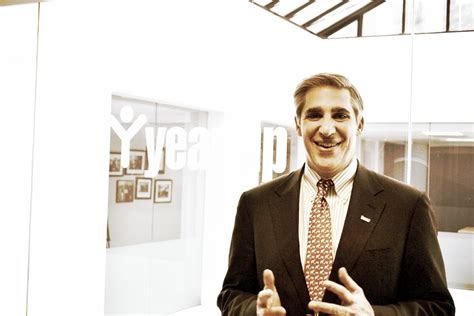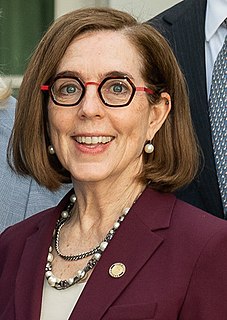A Quote by Gerald Chertavian
You have, unfortunately, a K-12 educational system where the requirements to graduate are not the requirements to be college and career-ready. So if you want young adults who are college and career-ready, our K-12 system right now does not have that as its standard.
Related Quotes
We need to have an education system in New Jersey and all over the country that makes all of our kids, either college or career ready. It should be their choice. I mean, every kid doesn't want to go to college. But I think we should aspire to let every child reach his maximum or her maximum potential.
Given a situation, a system with a Leerstelle [a gap], whether a given completion (Lueckenfuellung) does justice to the structure, is the "right" one, is often determined by the structure of the system, the situation. There are requirements, structurally determined; there are possible in pure cases unambiguous decisions as to which completion does justice to the situation, which does not, which violates the requirements and the situation.
In separating out, say, legal and moral requirements, I tend to work with paradigms rather than strict divisions - eg, paradigmatically, legal requirements are jurisdictionally bound whereas ethical requirements are aspirationally universal; ethical requirements focus especially on intentions whereas legal requirements focus primarily on conduct; ethical requirements take priority over legal requirements; and so on.
I studied music for my first two years in college. When I went to UC Berkeley, I failed the admission requirements to get into the music school there, so I studied communications and public policy, which actually were a greater engine for my career than a musical education would have been. If I had gotten into the music department at Berkeley, I'd probably be a timpanist in an orchestra right now.
When you're going to school primarily for career purposes, it's more important to focus on which program is best for you. In addition, your success at college depends far more on what you do at the college than at which college you do it: Choosing the right program, then the right advisor, the right courses, the right term papers, the right co-curricular activities, the right fieldwork, the right internships. You can make those choices at any college.
The reality of the music industry is that I was a 22-year-old college graduate who was able to walk into boardrooms and be the one in charge. It's incredibly empowering. I wasn't ready - I definitely was not ready - but I was prepared as I possibly could have been because I had studied the music industry.



































